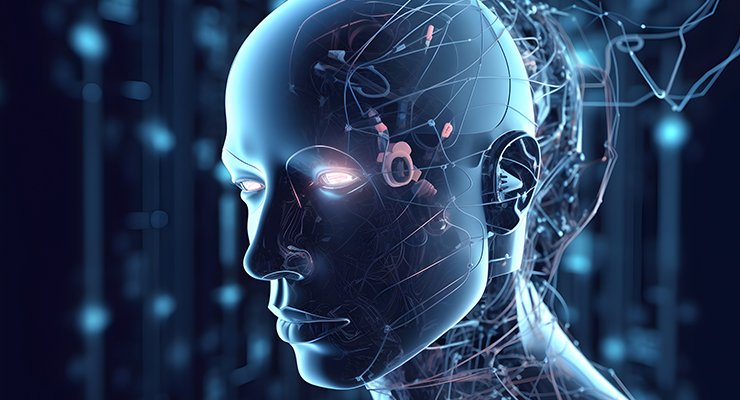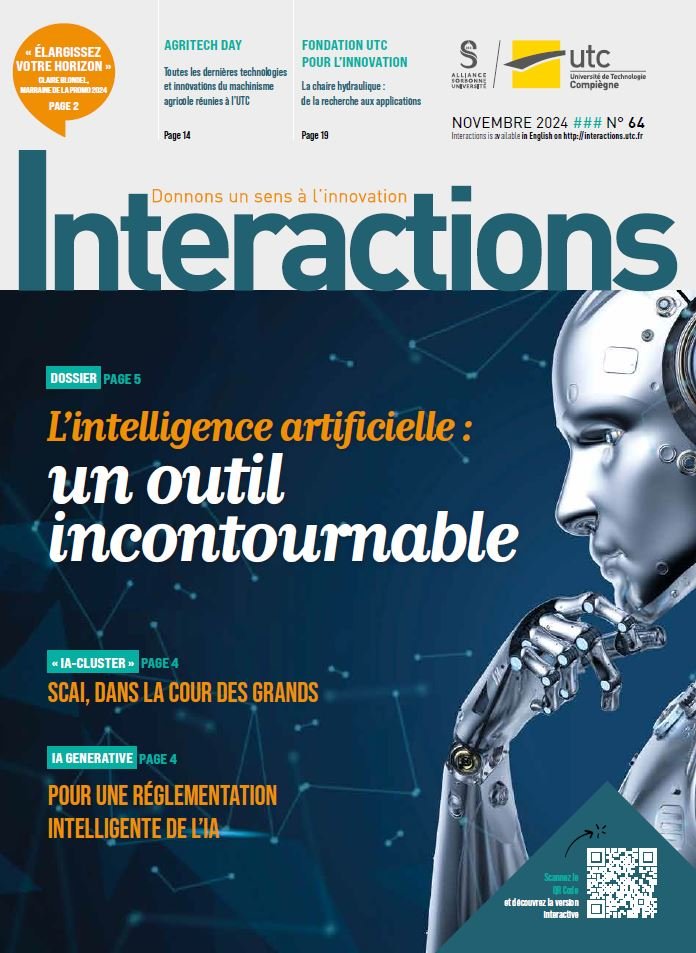What place should AI occupy in Society?

Pierre Steiner, Director of UTC’s TSH (Technology and Social Sciences) department, teaches philosophy and epistemology. Among the subjects he teaches is ethics and the relationship between ethics, technology and the engineering profession.
This naturally makes AI technologies a field for study and reflection, in order to measure their social and environmental consequences, for example. “Today, the relationship between ethics and AI is expressed in different ways and these variations are not necessarily a function of the types of AI that exist. If we take the most recent generative AIs, their lack of transparency has both technological dimensions for designers, but also ethical and legal levels. Among ethical values, we might ask whether these systems respect, for example, fairness or the absence of bias. We can also raise the question of responsibility — is it the system that is responsible, or the system designer? We can also look at the way in which the data has been collected, to ensure that it reflects the diversity of the population and likewise for privacy issues. AI also raises new legal issues. If we don’t know how the system goes about producing this or that response, how can we be sure that a response is justified? And how can we allow such a non-transparent system to support decisions normally taken by humans?
Indeed, while the benefits derived from AI data and algorithms may be significant, the risks of error do exist and are unacceptable in a large number of fields. “If we take the healthcare system, for example, would we want to delegate decision-making about a diagnosis or the care to be provided to these systems? How far are we prepared to go and at what point do we feel that human intervention is still necessary? But more generally — and this is an eminently political issue — we need to ask ourselves what kind of Society and world we want to shape. Do we want a world in which AI plays a greater role in the way we are informed, produce knowledge, teach or work? We may also wonder about the consequences of AI in societal terms, with the increasing automation of many tasks, but also in ecological terms. In short, we need to make choices and define the place we want AI to occupy in Society. These are not just questions for engineers and designers. They are political and ethical questions that cannot be resolved by algorithms or data aggregation”, he asserts.
These are ethical questions that permeate teaching and research at UTC. “What’s special about the UTC is that we don’t think about ethical issues at the end of the chain, when the system is deployed. They have to be addressed upstream. It’s right from the design stage of the system that you have to ask yourself what’s at stake, from an ethical point of view,”, concludes Pierre Steiner.
MSD




